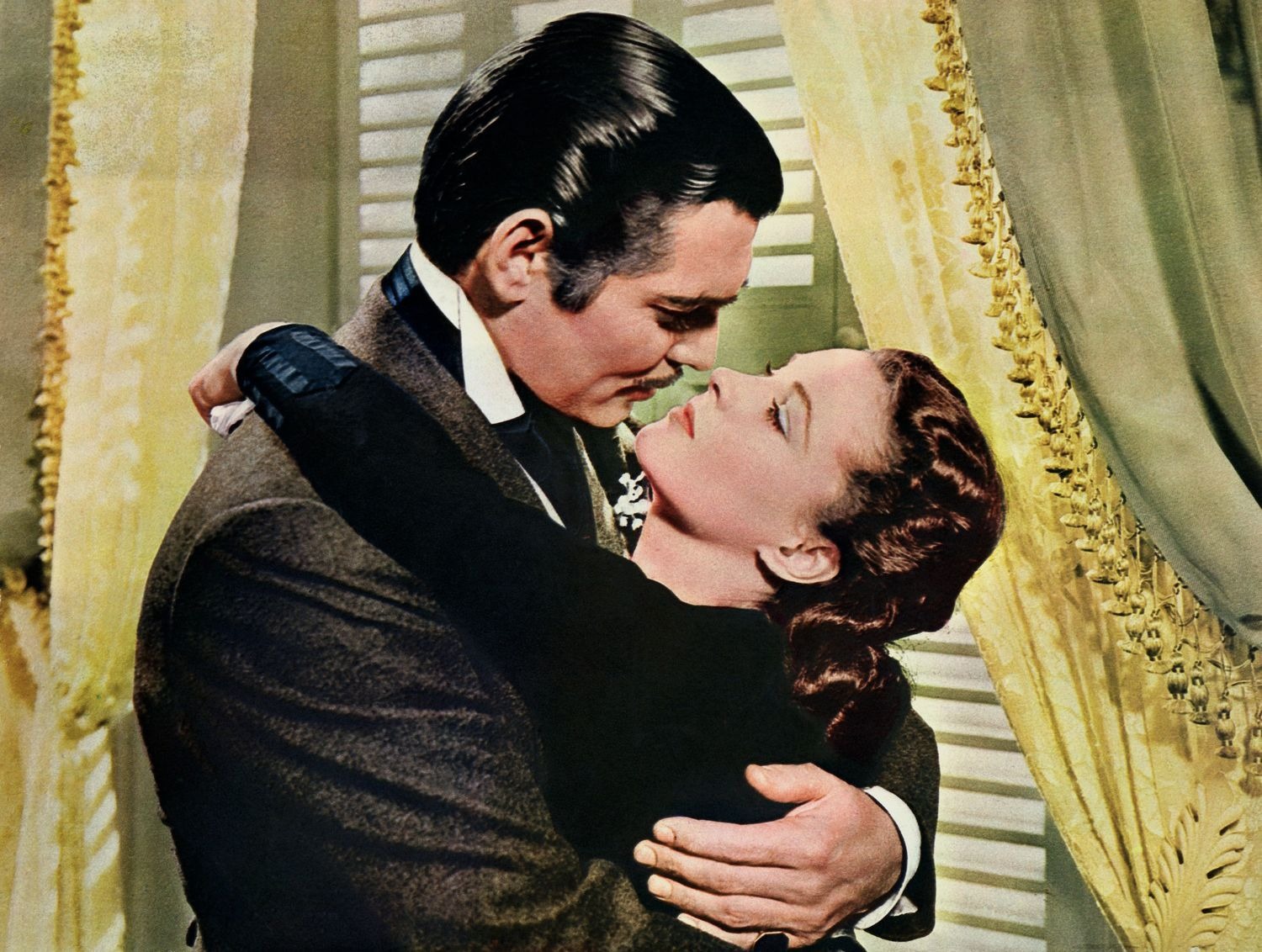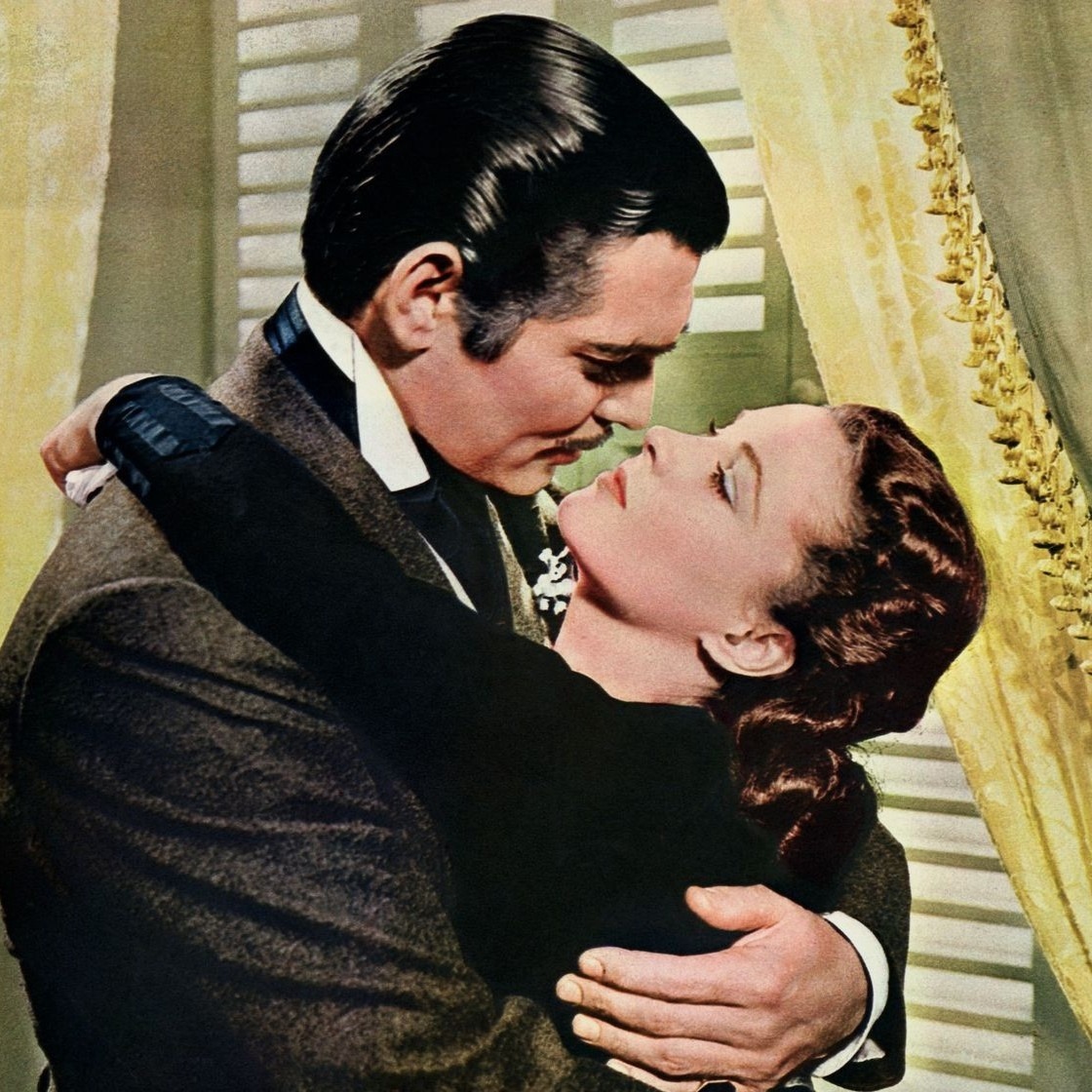A little bird can tell you whether your partner loves you or not
Bojana JovanovićNovember 12, 2025


November 12, 2025
If someone had told me that in 2025 we’d be testing our partner’s love through a theory involving bird-watching, I’d absolutely believe them, because 2025 is just that kind of year. Everything’s possible, nothing surprises me anymore—especially not theories, trends, and “cores” on TikTok. Over the past month, I’ve come across more than a few of the internet’s bizarre inventions, but what caught my attention the most (read: I had no choice, it’s everywhere) is the now-famous Bird Theory. Let’s break it down for anyone who might be lost (and who could blame you, the internet is like a tornado—it pulls everything in, you can’t fight it, and the danger is probably closer than you think). Bird Theory is a TikTok trend that emerged over the past few months and quickly went viral, especially among couples and those obsessed with analyzing every tiny detail of their relationships (I’m honestly shocked there are people who don’t, weirdos). The idea is simple: it started with a video of a girl explaining how she tests her partner by casually saying something completely ordinary, like, “I saw a bird today.” The way he reacts to that seemingly insignificant sentence is supposed to reveal how interested he is in you and your inner world. If he asks, “What kind of bird?”, “Where did you see it?”, or “What happened?”, that supposedly means he’s really listening and that he cares. If he just says “nice” or ignores it entirely, the theory suggests there might be something to think about.
The trend spread at lightning speed because it fit perfectly into today’s obsession with micro-signals in relationships—people dissecting every word and gesture in search of proof of love or indifference. Essentially, Bird Theory has become a new kind of love-language test. It doesn’t measure words or gifts but rather the ability to notice and return attention in the most ordinary moments. Which, honestly, sounds like exactly the kind of thing I’d want to subject my seemingly stable relationship to.
What’s interesting about Bird Theory isn’t just the idea itself but how perfectly it reflects the way we experience love today—as a mix of psychological testing, social experiment, a touch of irony, and in many cases, like mine, some good old joking around that’s bound to irritate your partner. The internet has created a new kind of romantic ritual, one that doesn’t happen in private but in the digital space, under the glow of a screen. Instead of tarot cards or horoscopes, we now have mini-theories and trends that promise to reveal, in thirty seconds, with a single question and the right filter, whether someone truly loves us.
Related: Tarot cards reveal what the month of november brings you
Maybe because through it we’re really seeking confirmation that someone sees us, pays attention, listens, that we’re not just background noise. At its core, Bird Theory isn’t about the bird at all—it’s about the need to check something that should be the most stable thing of all: whether our partner truly hears us. Stable relationships are built on something very simple yet incredibly rare, presence. On the fact that someone reacts to your sentence, even when it’s meaningless, because they know you are behind it. Okay, enough rom-com-inspired explanations—you get the point. Like almost every other internet trend, this one is designed to sweep us up easily, to offer a quick, clean “yes” or “no” to a question that never really has a simple answer. And in the time we live in, that seems to be the strongest possible currency.
In that sense, Bird Theory works as a small, amusing placebo for our doubts. It’s not a real test of love, but it calms us for a moment—or brings in a few thousand views or likes. And a little bird told me that today might just be the perfect day to put your partner to the ultimate test. The sooner, the better. The early bird catches the worm, or something like that.